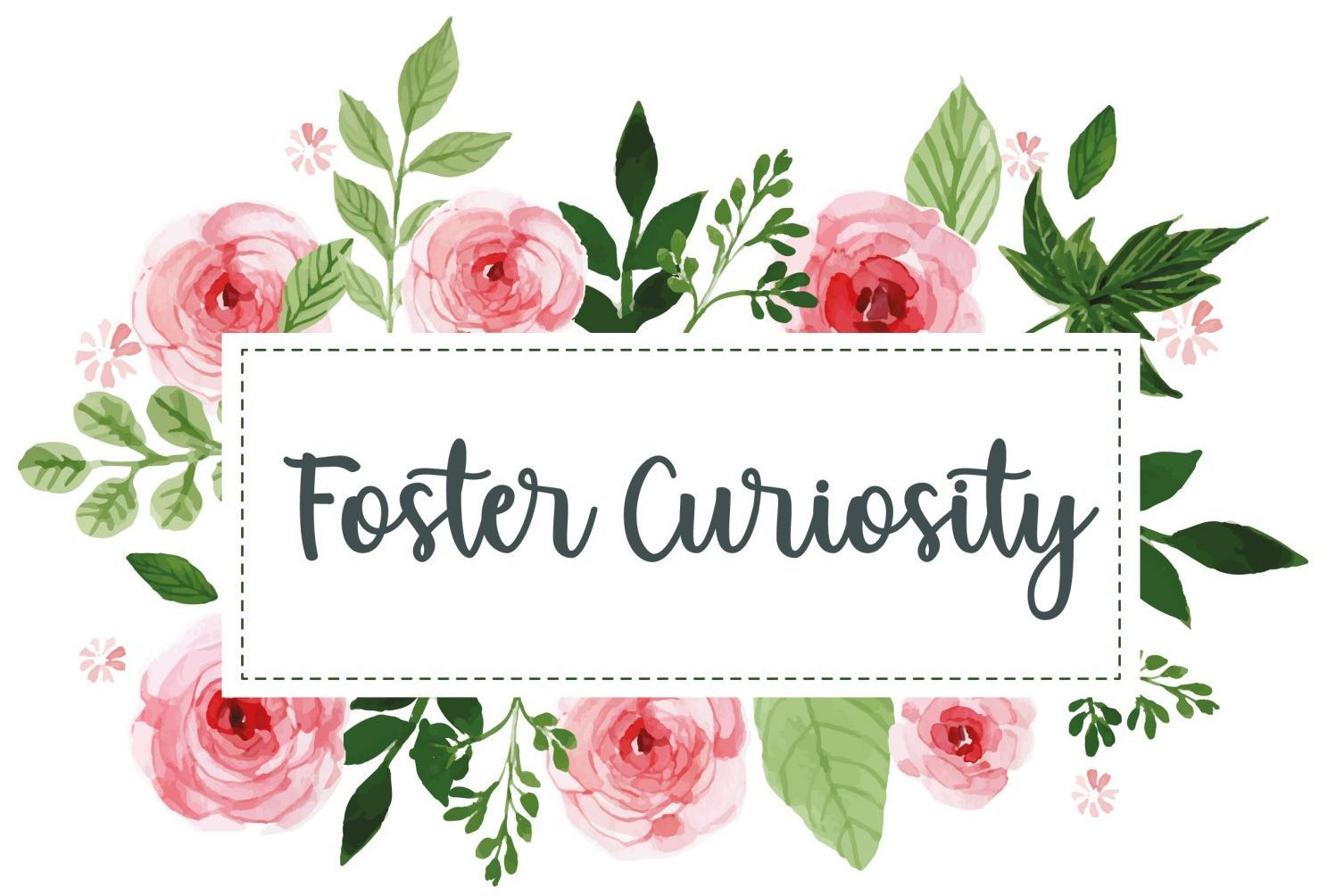
Personality Test
I’ve always thought of myself as an extrovert–I love talking to people and being around people. I picked a career that works with people and lets me get paid to talk. I was a lot shyer in elementary school, but I always thrived when I was around others. The older I got, the more I loved to talk. So when the pandemic hit, I was surprised to find that I was perfectly okay staying home. I decided to take a personality test to find out more about myself.
The Tests
The tests I took are free, online assessments that ask a variety of questions. You have to decide on a linear scale from strongly disagree to agree on how strongly you agree with the different prompts. The tests take between five and ten minutes and are easy enough to do that you can do it right when you wake up (that’s exactly what I did).
I’ve taken several personality tests throughout my life, but those personality tests placed you into one of the limited boxes. These seemed to be more personalized for each person. What surprised me even more, was that I took two tests, and I got the same results.
My Results
In both of the free online assessments, I got the result of INFJ-T. It stands for introverted, intuitive, feeling, judging, and turbulent. The summary of both assessments states that this personality makeup is rare and makes up 1% of the population. I knew I was weird, but this proves it. I took some time to read through the summaries for each area.
Introverted
This was the main reason why I embarked on this personality test endeavor. I wanted to see if I was more introverted or extroverted. It wasn’t surprising when I scored higher as an introvert because of how exhausting I’ve found socializing since quarantine.
Introverts are thought-oriented and observant. They like to have plenty of alone time to think and are sensitive to the room around them, allowing them to read situations quicker. Because of being more aware of sounds, smells, and sights, introverts can get exhausted from extra stimulation from human interaction.
Intuitive
The next thing measured in these assessments is intuitive versus observant. This measurement has to do with how people take in information in the world around them. If you score as “observant,” you typically take in the environment by observing hard facts and making decisions based on that. If you score as “intuitive,” you typically imagine the past along with the future and make decisions based on that.
The intuitive personality type likes to focus on the future and enjoys asking “what if.” They are future-oriented and conceptual. At times, this personality type can jump to more complex matters, leaving those around them confused. I can honestly say that I’ve been accused of jumping to conclusions more than I can count.
Feeling
The third measurement has to do with considering options. Thinking versus feeling is the same as saying, “are you thinking with your head or your heart?” People who score thinking are those who think through objective information. They look for the facts and use the scientific method. On the opposite side, those with the feeling trait tend to think with their emotions.
Those with the feeling trait are warm, compassionate, and kind. They often have a lot of empathy and are protective of those they care about. At times, they can get too involved with their concern for others and can burn out. They might take it personally if a person they helped falls regardless of the help.

Judging
The next area is measured how a person likes events to occur. The “judging” trait likes to plan out their days with several backup plans, where the “prospecting” trait wants to be spontaneous. I scored super high with the judging trait, which makes sense because I always have backup plans. I’m not too fond of surprises myself.
People with the judging personality trait are organized, systematic planners who are also goal-oriented. These people can get overwhelmed and stressed with too many surprises and sometimes appear rigid. They like to have structure and some predictability in their day. I always have a checklist in my head of things I need to do, and I go through the list to make sure I don’t forget anything. I also tend to write down many things because my brain gets cluttered with to-dos, which can get overwhelming.
Turbulent
The last area that the assessment measured was our ability to make decisions and confidence in those decisions and abilities. The traits are either called “turbulent” or “assertive.” Assertive people are confident in their abilities and decisions and are less likely to get stressed. They feel comfortable dealing with daily challenges and are even-tempered.
Turbulent people are success-driven and eager to improve. They can be perfectionistic and get caught up in wanting to do more and be more successful. These people are good at recognizing small problems and fixing them before they become big problems. A downside to this trait is that they can get overwhelmed with criticism and self-doubt. This can either make them lose motivation or motivate them to do better.
The Takeaway
This assessment gave me insight into the parts of my personality. It also explains why I’m so tired all the time–the different parts of my personality get exhausted from too much social interaction, taking things personally when I can’t help someone enough, and making decisions. I also got interested in what personality traits those around me have. It’s interesting to see what we have in common and where our differences lie.
I also have to say that these personality assessments don’t define who we are. There’s a lot more nuance to people than five personality traits. The assessments are fun and can tell us more about ourselves. You can pay extra to get information about possible career paths, develop strengths and weaknesses, and find out more about strengthening relationships.
Learn More
If you want to take the assessments yourself, you can take My Personality Test or the 16 Personalities Test. They don’t take that long, and they tell you a lot about your personality. Happy learning!





